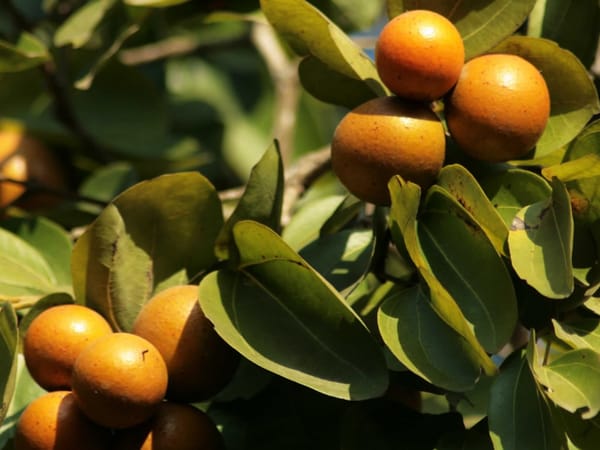Five Teas to enhace Female Health and Wellbeing

In Unani medicine and other traditional healing systems, the female body is regarded as a delicate balance of humors, temperament (mizaj), and subtle energies. Herbal teas have long played a vital role in supporting this balance — offering women gentle, natural remedies during times of need.
Whether you're experiencing hormonal fluctuations, menstrual discomfort, emotional stress, or a need for rejuvenation, specific herbal teas can offer timely support. These remedies are not meant to be consumed daily like supplements, but rather to be used intuitively and intentionally, based on the body's current state and needs.
In this post, we explore five powerful teas that can enhance female health and wellbeing — each chosen for its unique benefits to the reproductive system, skin, emotional balance, and vitality. Use them wisely, when needed, as part of your natural self-care toolkit.
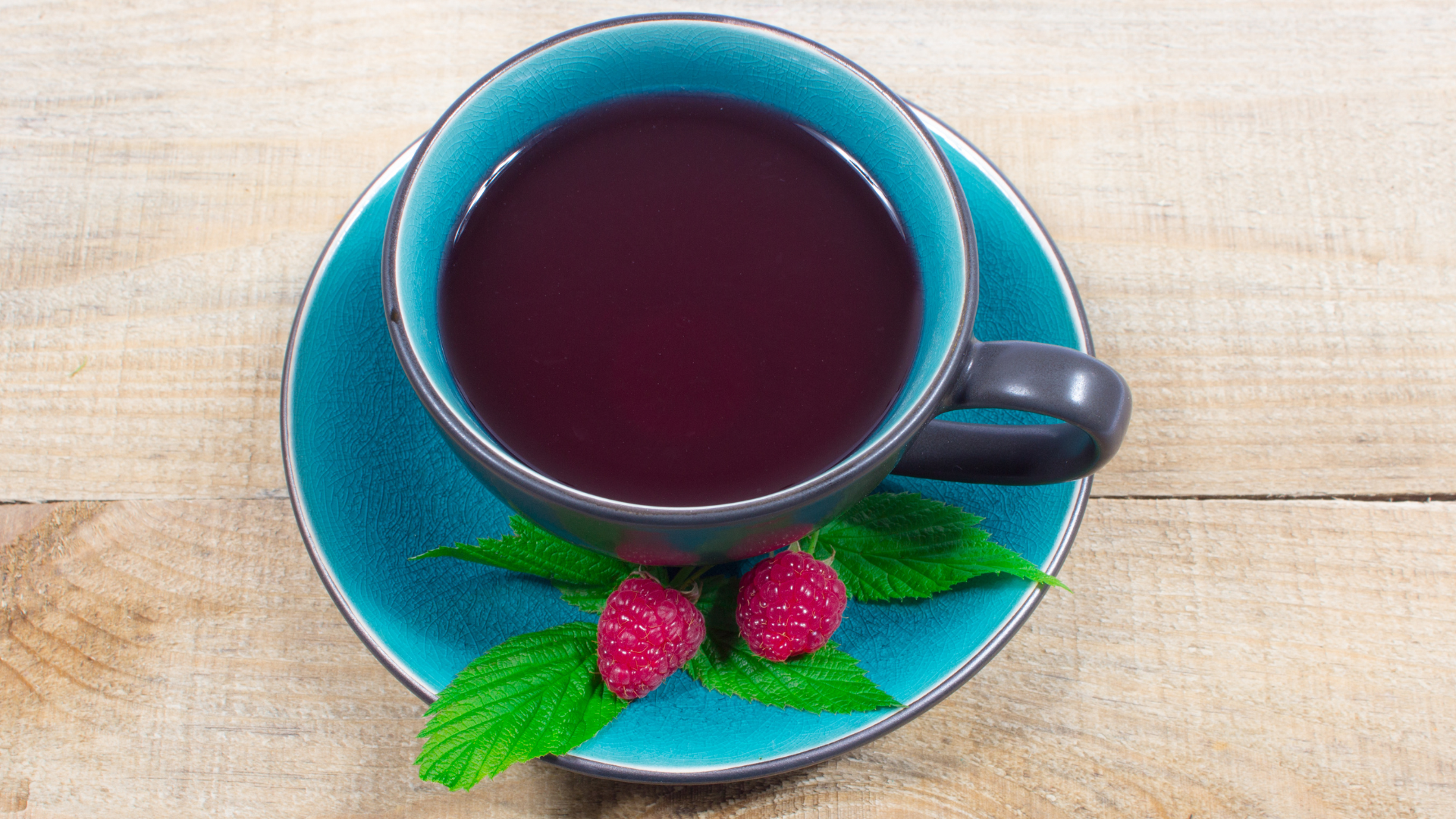
Raspberry Leaf Tea – A Natural Uterine Tonic
Raspberry leaf tea is often referred to as a “natural uterine tonic” for good reason. Traditionally used in Unani and other natural healing systems, it is known to stimulate and strengthen the uterine muscles, making it especially beneficial in preparing the womb for labour and delivery. This makes it a popular choice in the later stages of pregnancy.
Beyond childbirth, raspberry leaf tea also helps ease menstrual cramps and alleviate pain associated with menstruation by toning the pelvic muscles and promoting smooth uterine function.
Key Benefits:
- Strengthens and tones the uterus
- Supports preparation for labour and postpartum recovery
- Eases menstrual cramps and pain
Caution:
Not recommended for women actively trying to conceive or during the early stages of pregnancy, as its uterine-stimulating properties may interfere with implantation or early gestation.
How to Use:
Steep 1 tablespoon of dried raspberry leaves in hot water for 10–15 minutes. Drink regularly in the third trimesters of pregnancy or during menstruation for optimal support.
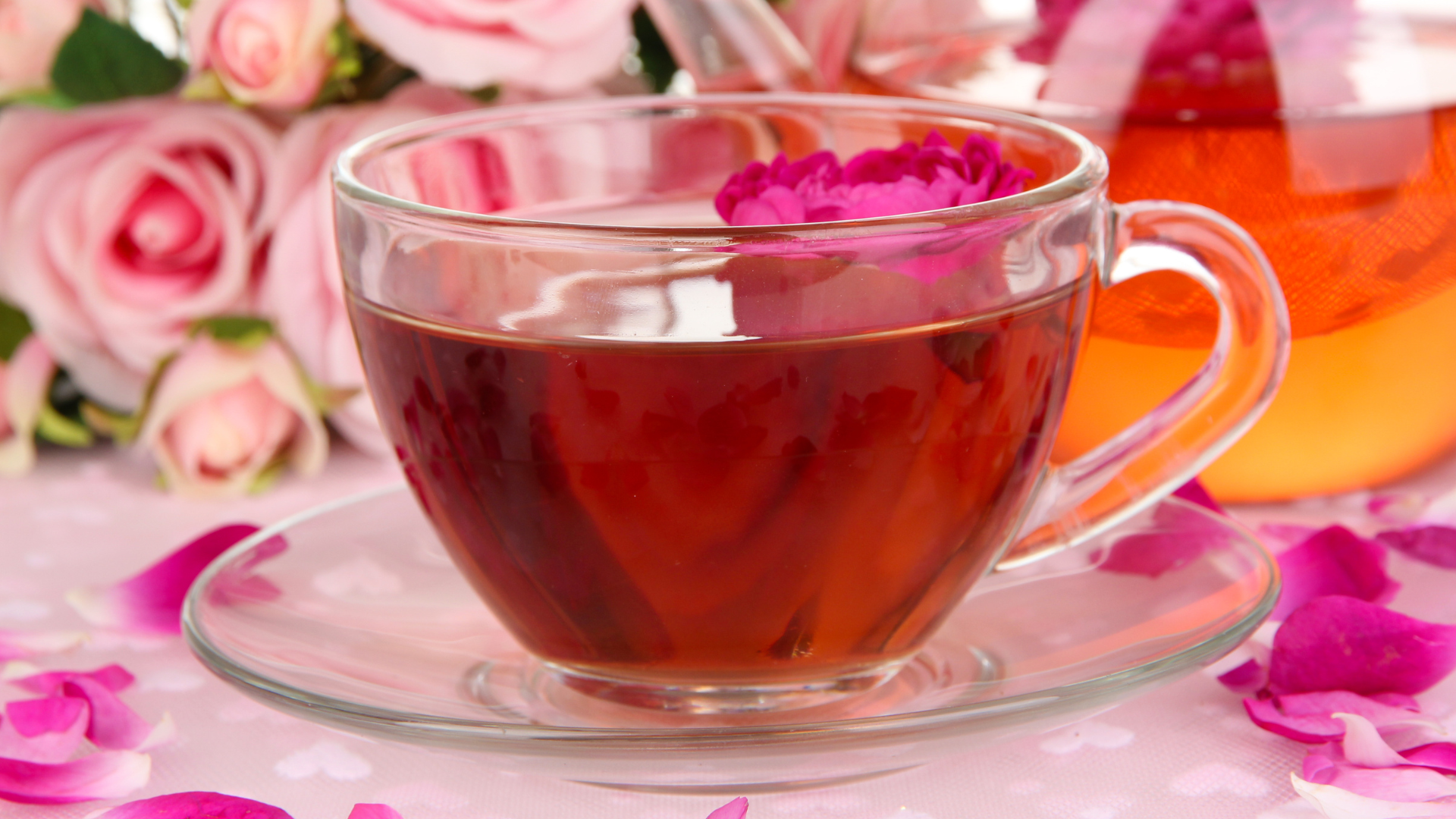
Rose Petal Tea – A Feminine Elixir for Skin & Uterine Health
Rose petals have long been treasured in Unani medicine for their delicate yet potent healing properties. Rose petal tea is more than just a fragrant floral infusion — it serves as a natural skin brightener and toner, enhancing the complexion from within. It also helps promote a pleasant body scent, making it a favorite among women for internal cleansing and beautification.
Beyond aesthetics, rose petal tea holds therapeutic value for the reproductive system. It has been traditionally used to support healing in uterine conditions such as endometriosis and inflammation. In classical Unani formulations like Majoon Dabid-ul-Ward, rose petals play a key role in treating uterine swelling, while Arq-e-Gul is often recommended in cases of miscarriage or uterine weakness.
Key Benefits:
- Naturally brightens and tones the skin
- Enhances pleasant body scent
- Supports healing of uterine inflammation and endometriosis
- Traditionally used in remedies for miscarriage and reproductive health
How to Use:
Steep 1–2 tsp of dried rose petals in hot water for 5–10 minutes.
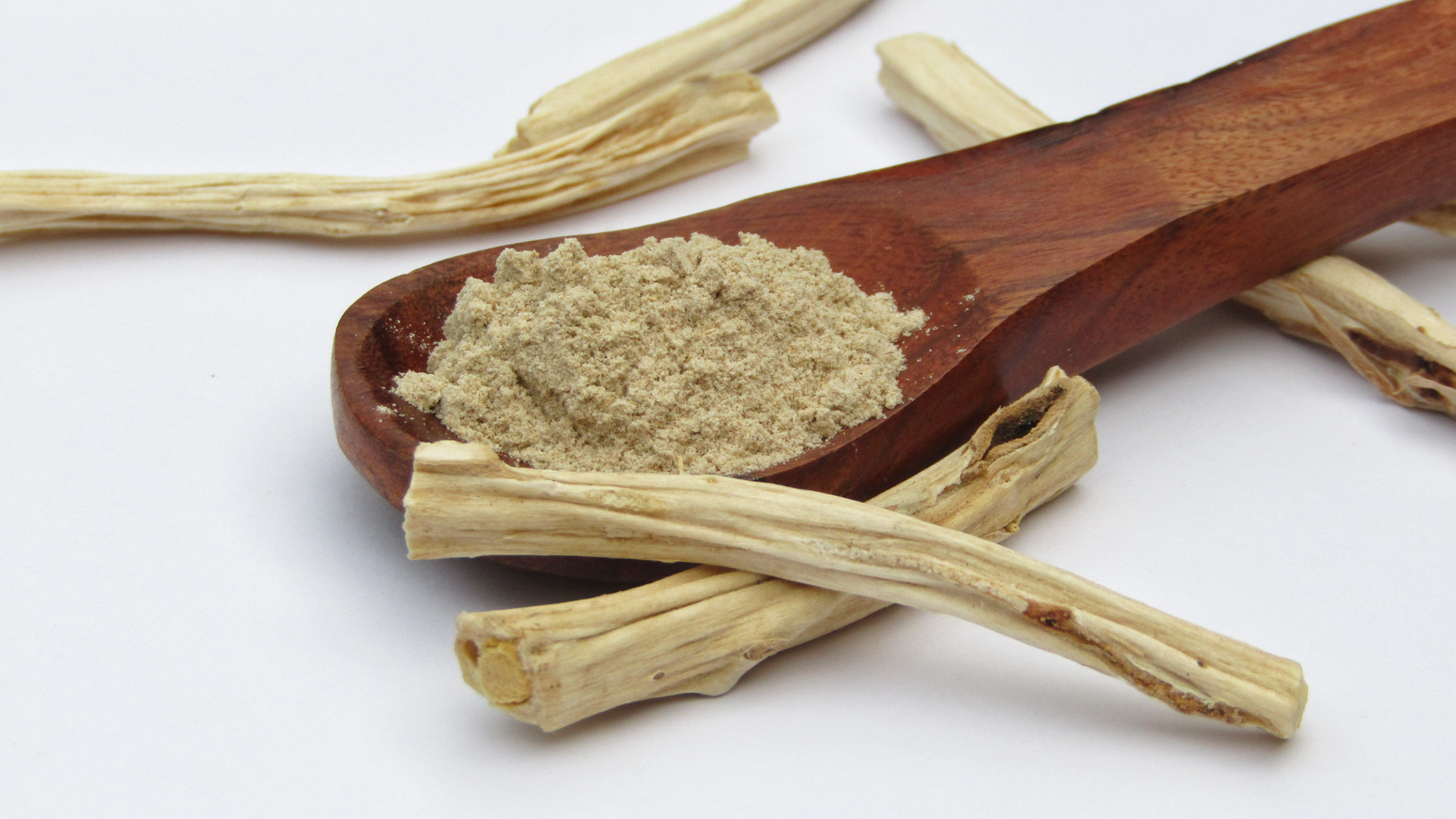
Shatavari Tea – The Herbal Hormonal Balancer
Shatavari (Asparagus racemosus) is revered in traditional medicine systems as one of the most powerful herbs for women’s hormonal health. Known as a rejuvenating adaptogen, Shatavari acts as a digestive tonic and a deeply nourishing hormonal regulator, making it an ideal herbal ally for modern women experiencing hormonal imbalances.
It is especially effective for those struggling with hormonal hair loss, anxiety, and stress-related reproductive issues. Rich in antioxidant, anti-inflammatory, and anti-aging properties, Shatavari not only supports inner vitality but also promotes graceful aging and overall wellbeing.
Key Benefits:
- Supports natural hormone regulation
- Aids in reducing hormonal hair loss
- Calms anxiety and balances mood
- Acts as an anti-aging, anti-inflammatory, and antioxidant tonic
- Strengthens digestion and reproductive vitality
How to Use:
Traditionally taken as a powder mixed with warm milk or water, Shatavari can also be prepared as a gentle tea. Use 1 tsp of Shatavari powder in warm water or milk daily, preferably in the evening for calming and restorative effects.
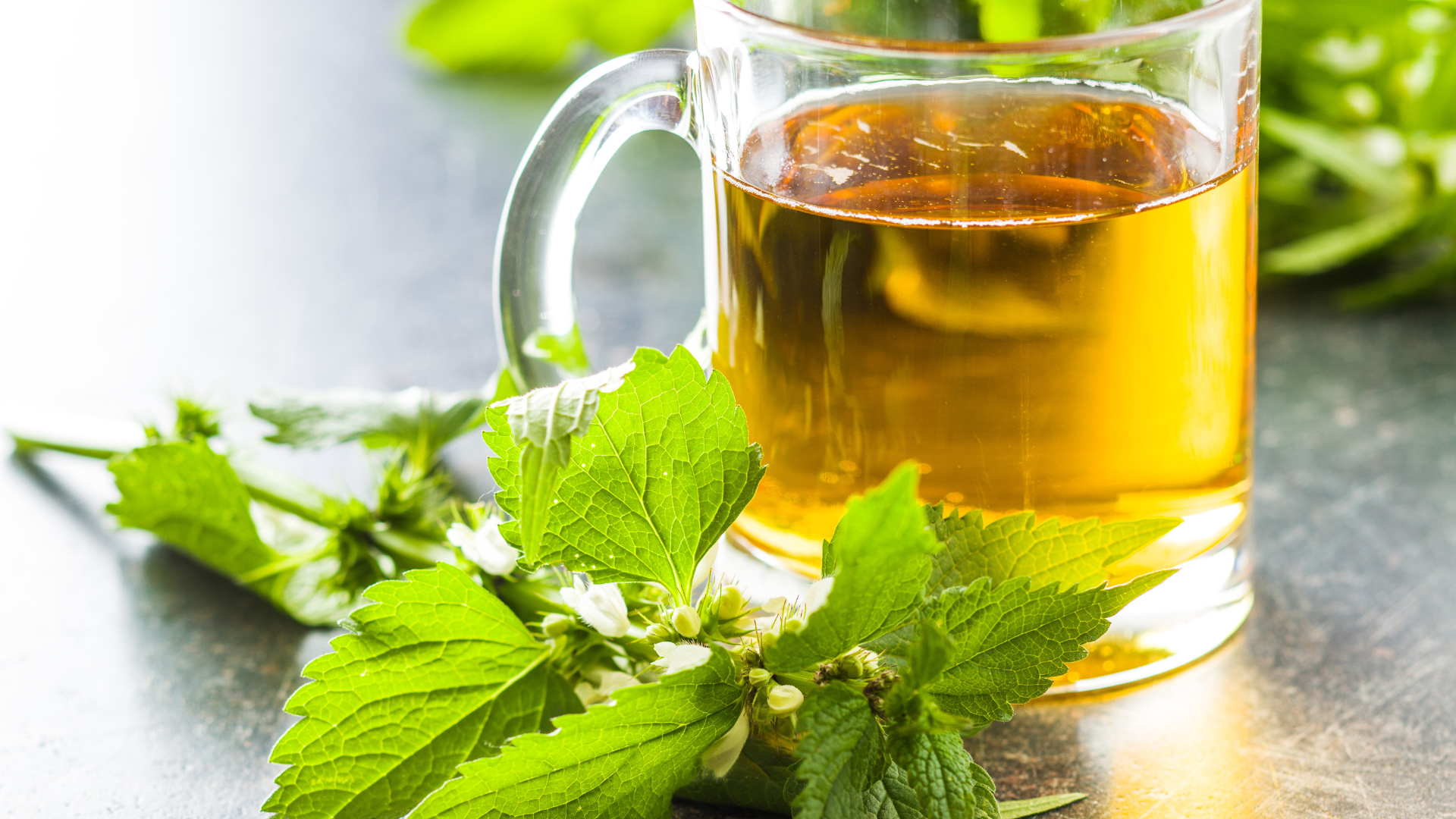
Nettle Tea – The Iron-Rich Vitality Booster
Nettle (Urtica dioica) is a powerhouse herb in traditional healing systems, widely valued for its rich mineral content — especially iron — and its potent anti-inflammatory and antihistamine properties. Nettle tea is often recommended as a natural remedy for women experiencing iron-deficiency anemia, fatigue, and low vitality.
Beyond its role in replenishing blood and boosting energy, nettle tea is also effective for alleviating hay fever, seasonal allergies, achy joints, and skin conditions such as itchiness, irritation, or eczema. Its cleansing nature makes it an excellent daily tonic to support overall female wellbeing.
Key Benefits:
- Excellent natural source of iron
- Supports recovery from anemia and fatigue
- Natural antihistamine – helps relieve hay fever and allergies
- Eases achy joints and inflammation
- Soothes itchy or irritated skin
How to Use:
Steep 1–2 tsp of dried nettle leaves in hot water for 10–15 minutes.
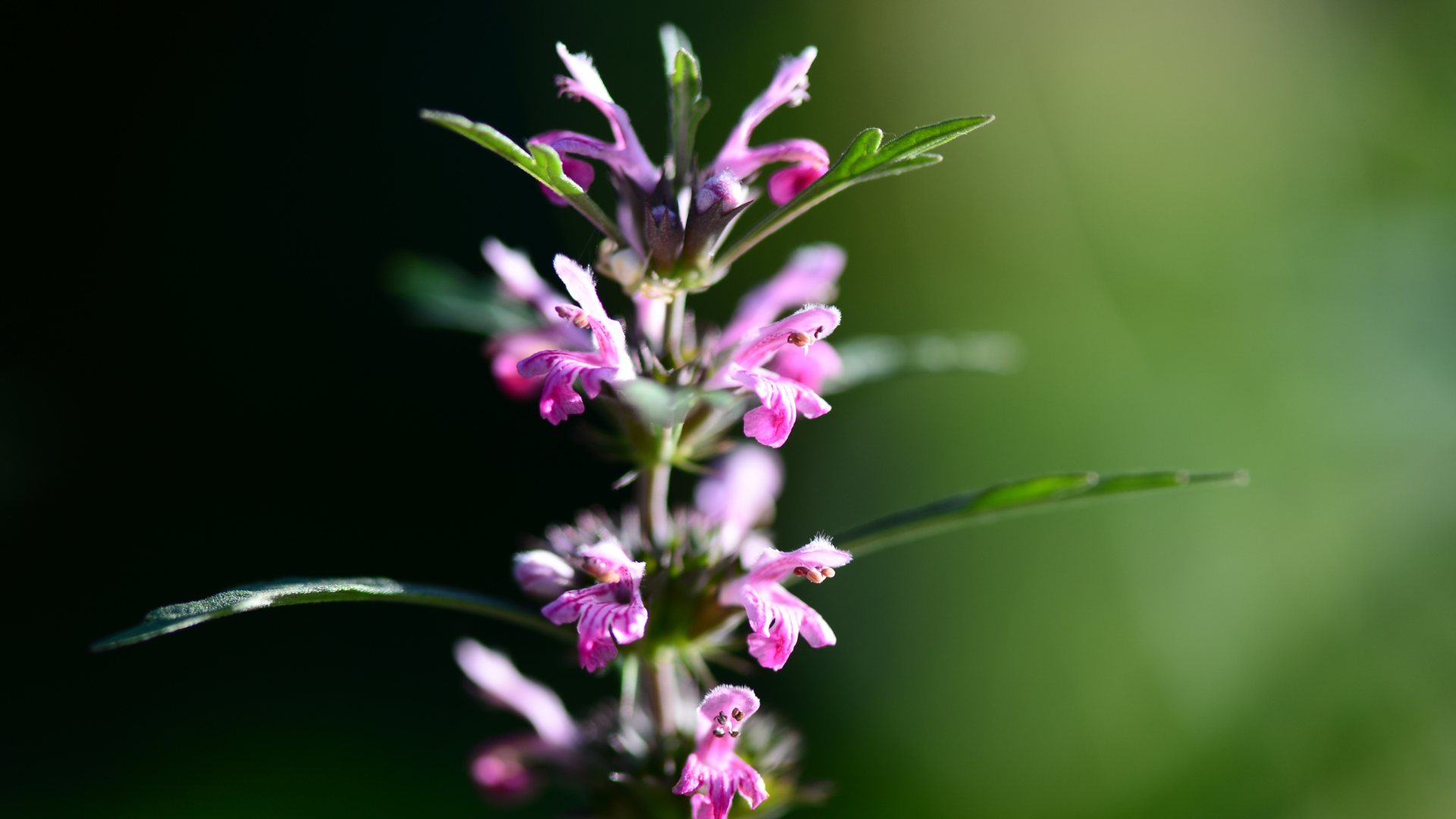
Motherwort Tea – The Heart-Calming Uterine Support
Motherwort (Leonurus cardiaca) is a deeply soothing herb traditionally used to support women during some of the most vulnerable phases of life — particularly postpartum recovery and hormonal transitions. It is known to reduce postpartum blood loss, ease heavy menstrual bleeding, and calm emotional turbulence, especially when accompanied by anxiety, palpitations, or a racing heart.
Its name itself reflects its historical use — a loving herb for mothers and womb-bearers. In addition to its uterine benefits, Motherwort is also considered a cardiotonic, gently supporting heart health, especially in stress-related conditions.
Key Benefits:
- Reduces postpartum blood loss and supports uterine healing
- Eases heavy menstrual flow
- Calms anxiety, emotional restlessness, and rapid heart rate
- Offers gentle cardiovascular support
Caution:
Avoid using Motherwort if you are currently taking sedatives, anticoagulant (blood-thinning) medications, or if you have a bleeding disorder, as it may potentiate their effects.
How to Use:
Steep 1 tsp of dried Motherwort leaves in hot water for 10–15 minutes.
Conclusion
Herbal teas are a timeless form of medicine — gentle, effective, and rooted in nature’s wisdom. These teas are not daily prescriptions, but rather supportive companions to be turned to when the body calls for extra care. Whether it’s for easing menstrual pain, supporting the uterus, calming emotional tension, or replenishing energy, these infusions can offer subtle yet profound healing.
As always, it's essential to listen to your body, honour your inner rhythms, and seek guidance from a Unani practitioner when needed. Let your use of herbs be purposeful and responsive, not routine — and allow each cup to be a moment of nourishment, rest, and reconnection with your feminine essence.


